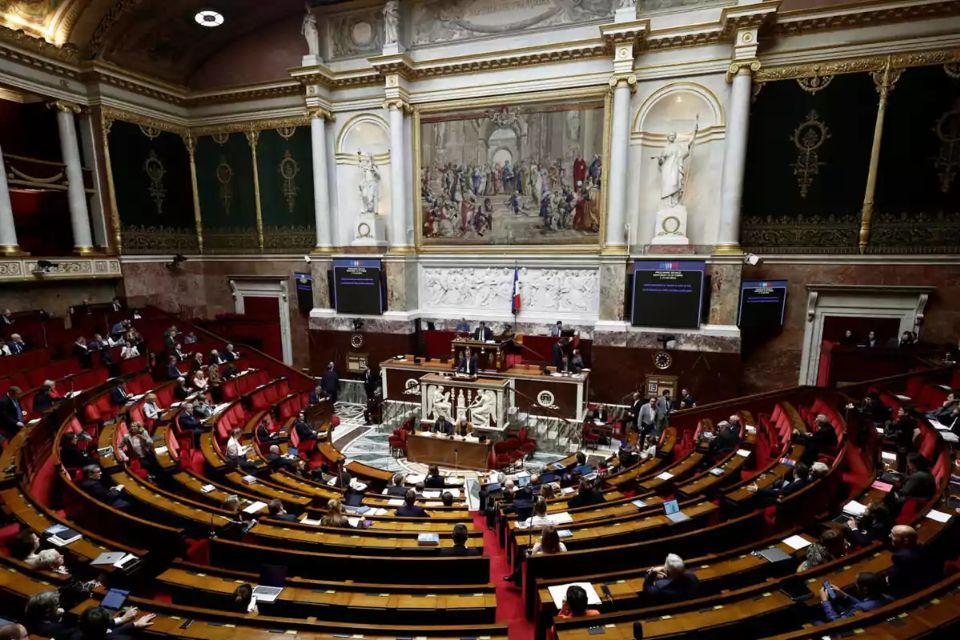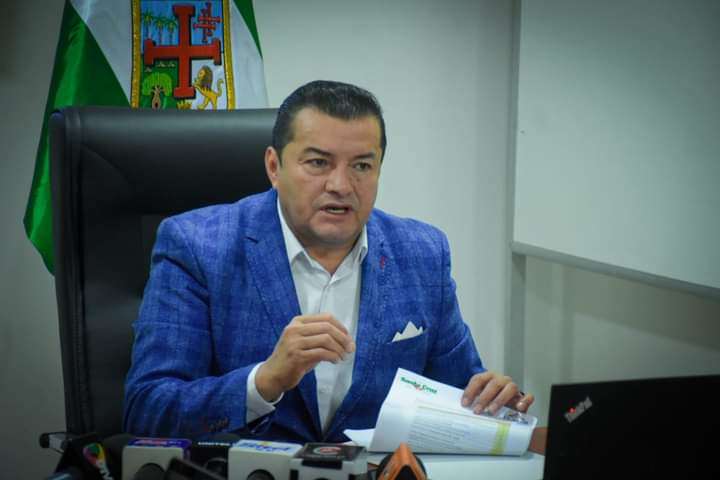With 331 votes in favor, above the absolute majority of 288, the deputies of the National Assembly (lower house) put an end to less than one hundred days of Michel Barnier’s government, in turn rejecting his budgets for 2025. The measure It is a blow to the government of Emmanuel Macron who has rejected a possible resignation from office
This Wednesday, December 4, left-wing and far-right deputies overthrew the government of French Prime Minister Michel Barnier, amid calls for the resignation of President Emmanuel Macron in the midst of a political crisis in the second largest economy of the European Union.
By 331 votes in favor, above the absolute majority of 288, the deputies of the National Assembly (lower house) put an end to Barnier’s less than 100 days of government, in turn rejecting his budgets for 2025.
Although the censorship does not affect the center-right president, whose term ends in 2027, it weakens him much more, especially when he decided in September to appoint Barnier as prime minister in the name of “stability.”
“Today we vote to censure his government, but above all we mark the end of a mandate: that of the president,” said deputy Éric Coquerel, when defending the motion of censure of the left-wing coalition New Popular Front (NFP).
*Read also: Cardinal Baltazar Porras is sworn in as a member of the Academy of History
Without directly asking for his resignation, the leader of the far-right National Rally party (RN), Marine Le Pen, called on Macron, with whom he competed for the presidency in 2017 and 2022, to think about whether he can continue in office.
«It is up to your conscience to decide whether you can sacrifice public action and the destiny of France to your pride. It is up to your reason to decide whether you can ignore the evidence of massive popular rejection,” he stressed.
On Tuesday, the president, visiting Saudi Arabia, described a possible resignation before 2027, when his second term ends, as “political fiction.” The 46-year-old president can no longer run for re-election.
Le Pen appears in a strong position in the polls to reach the presidency, but justice could frustrate her dream if on March 31 it decides to disqualify her for 5 years, as requested by the prosecution in a case of embezzlement of European funds.
The success of the motion of censure made Barnier’s government the shortest of the French Fifth Republic, which began in 1958, and the second to fall, after that of Georges Pompidou in 1962 when Charles de Gaulle was president.
Despite initially refusing to support a motion of no confidence, Le Pen eventually dropped Barnier. The reason was that he refused to give up the delay from January to July of the revaluation of pensions in his draft budget for 2025, after several concessions.
With a budget focused on reducing public spending and temporarily increasing taxes for large companies, the government sought to reduce the deficit (projected at 6.1% of GDP in 2024) and public debt (112% of GDP at the end of June ).
“This motion of censure aggravates everything and makes it more difficult,” warned Barnier at the end of the debate, who had appealed to “responsibility” in a tense economic moment with the risk premium on French debt at levels similar to that of Greece. .
The social climate is also tense. A strike by public officials is planned for Thursday, while the mobilization of farmers continues, especially against a trade agreement between the European Union and Mercosur.
The instability in France and the government crisis in Germany, which led to the legislative elections being brought forward to February 23, could also hamper the EU, when Donald Trump is preparing to return to power in the United States.
Without being able to call new legislative elections until July, the president seems willing to name a new prime minister “quickly”, even before the Notre Dame reopening ceremonies scheduled for the weekend, according to his interlocutors.
But “there is still nothing decided,” said Macron’s entourage, who took two months to appoint Barnier and thanks to the fact that the conservative party The Republicans (LR) abandoned the opposition to govern alongside his centrist alliance, in power. since 2017.
In a National Assembly without clear majorities and divided since July into three irreconcilable blocks: deputies from the left, center-right and extreme right, the game now seems more open.
Socialists and environmentalists, members of the NFP, opened the door to agreements with Macron’s alliance, but former center-right Prime Minister Gabriel Attal called on the former to “free themselves” first from their radical left ally party La Francia Insoumise (LFI).
Post Views: 33















